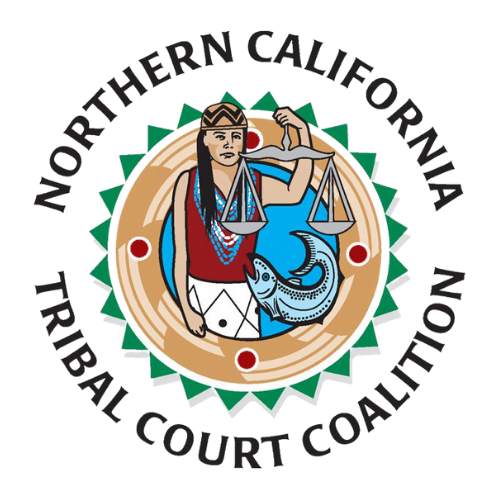Tribal members who live on reservations are already vulnerable to violent crime due to the inconsistencies of law enforcement in Indian Country. Enforcement can be the responsibility of federal, state, or tribal jurisdictions depending on where the crime occurred. This creates victim uncertainty about how to report a crime and the extent of their rights. In this situation obtaining assistance with the legal process can be especially helpful. Victim advocates can be a lifeline for victims because advocates have the knowledge, skill and ability to contribute meaningful expertise, especially during times of crisis. Here are 3 important ways advocates can help tribal victims of violent crime.
1. Victim Advocates can shield crime victims from further traumatization by functioning as buffers.
Victim advocates are liaisions between law enforcement and victims. Advocates can transform what could otherwise be an intrusive process into a positive, trauma-centered victim support. Advocates can minimize the physical, emotional, and psychological pain that results from reliving a crime. Often victim advocates can respond on behalf of victims or summarize law enforcement requests to victims in order to prevent further distress during trauma recovery. Advocates have the ability to work with victims to reduce the stress of investigation and prosecution.
2. Victim advocates use their justice system expertise to help victims navigate the reporting process.
Advocates provide a shoulder for victims to lean on throughout the process. Advocates educate victims about their legal rights and the legal process, accompany victims to court, help victims with reporting and questioning, assist victims with completing paperwork, and can help victims with finding an attorney.
3. Victim Advocates help victims get reimbursement for crime-related expenses.
Victim advocates can assist victims with completing applications for financial compensation. When victims have insurance plans, advocates can help victims apply for the benefits they deserve. When expenses are not covered by private insurance, victim advocates can help victims obtain state compensation to cover expenses directly related to their physical and emotional injuries. Advocates can also provide information about statutory deadlines and family member compensation.
If you are a tribal member who has experienced a violent crime, you can ask a victim advocate to help you navigate tribal, state and federal justice systems. Download the NCTCC App to find victim service organizations near you.
If you are a Victim Advocate looking for ways to better serve your clients the NCTCC App can connect you with resources. Our Project Specialists can provide remote, one-on-one or group training on the App. Contact Cynthia Boshell (cboshell@nctcc.org) or Jake Swamp (jswamp@nctcc.org) to arrange a training.
